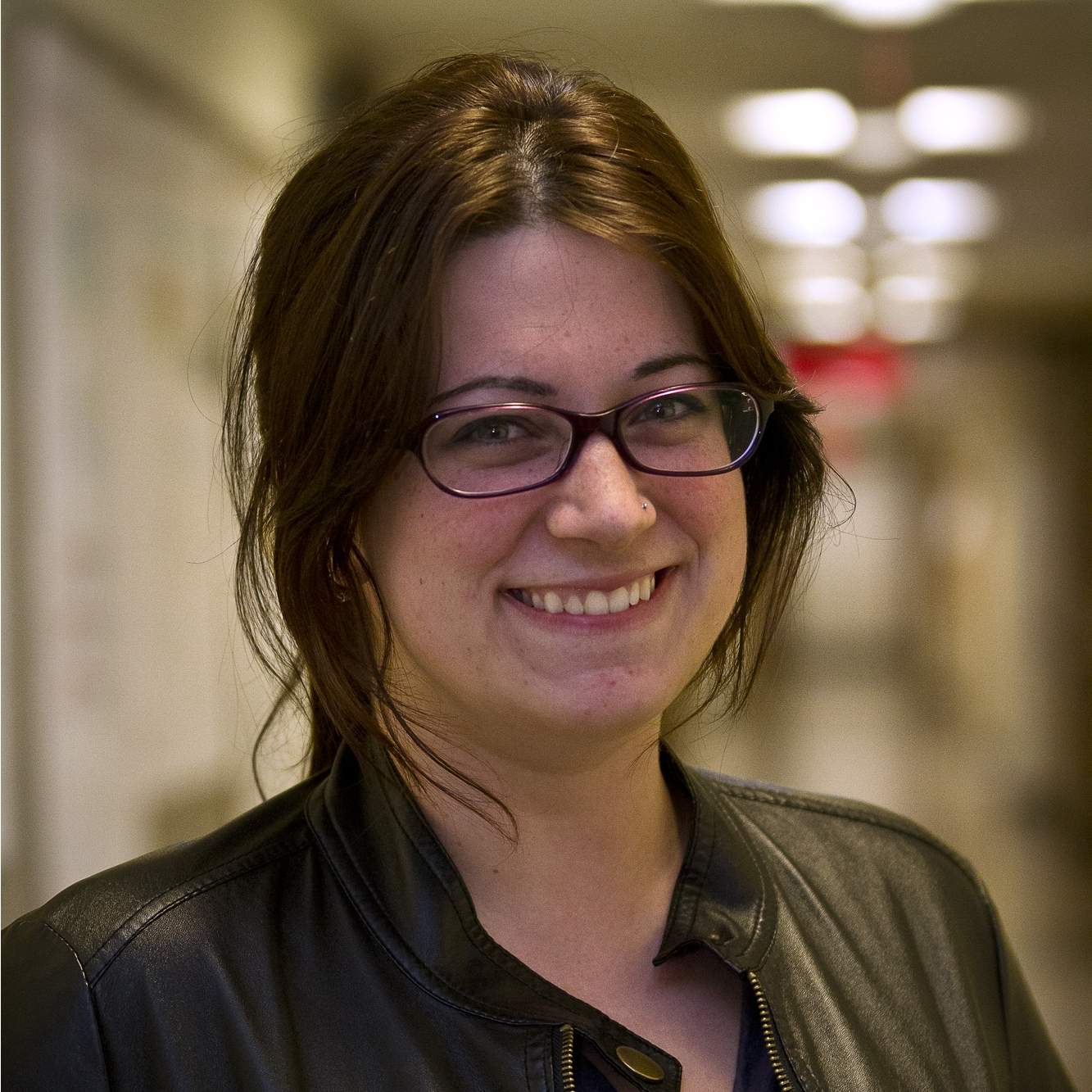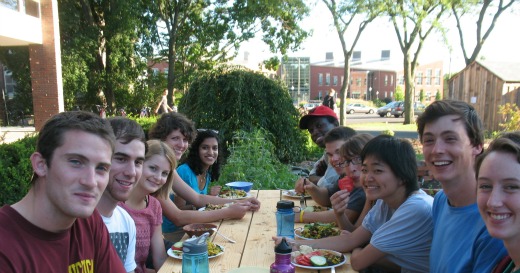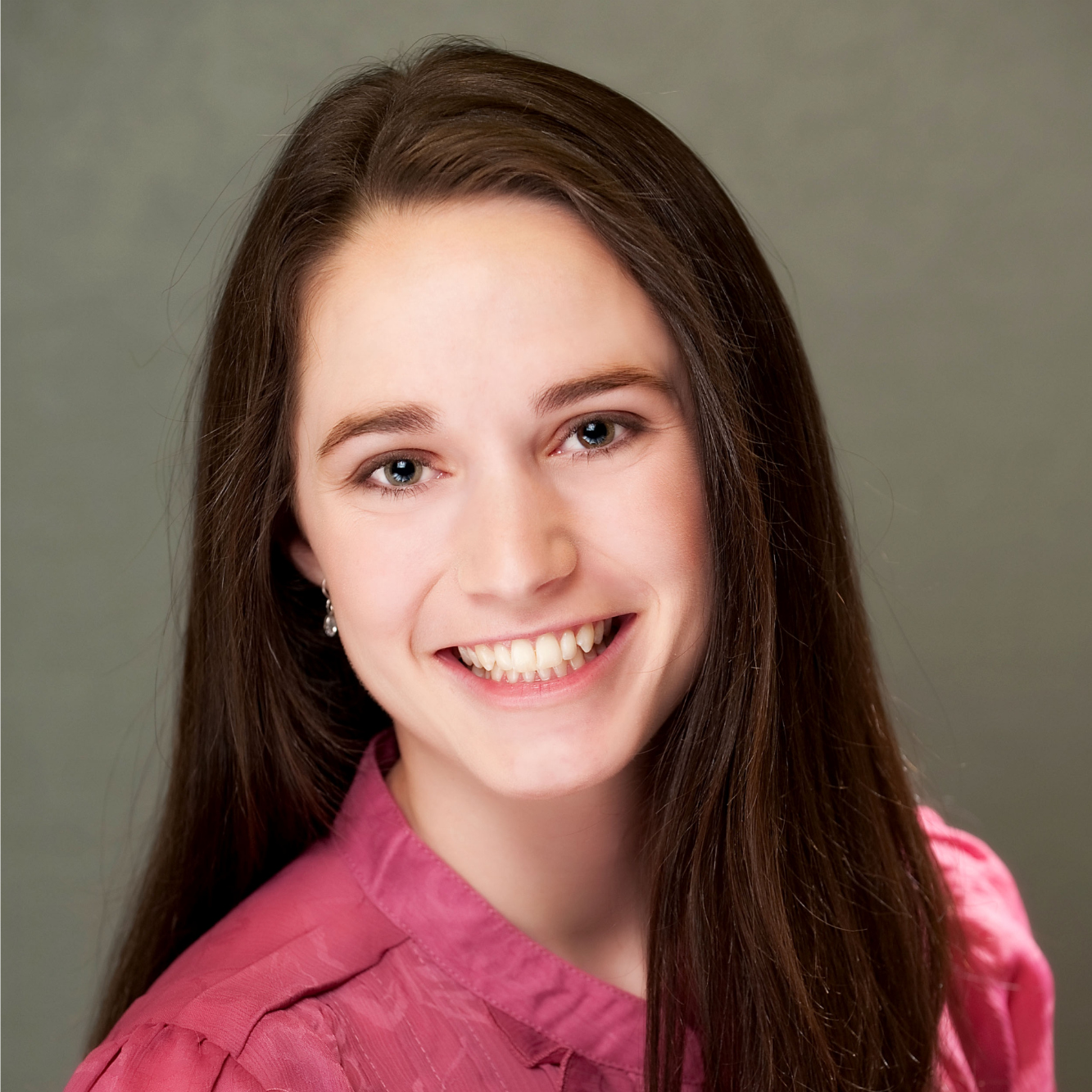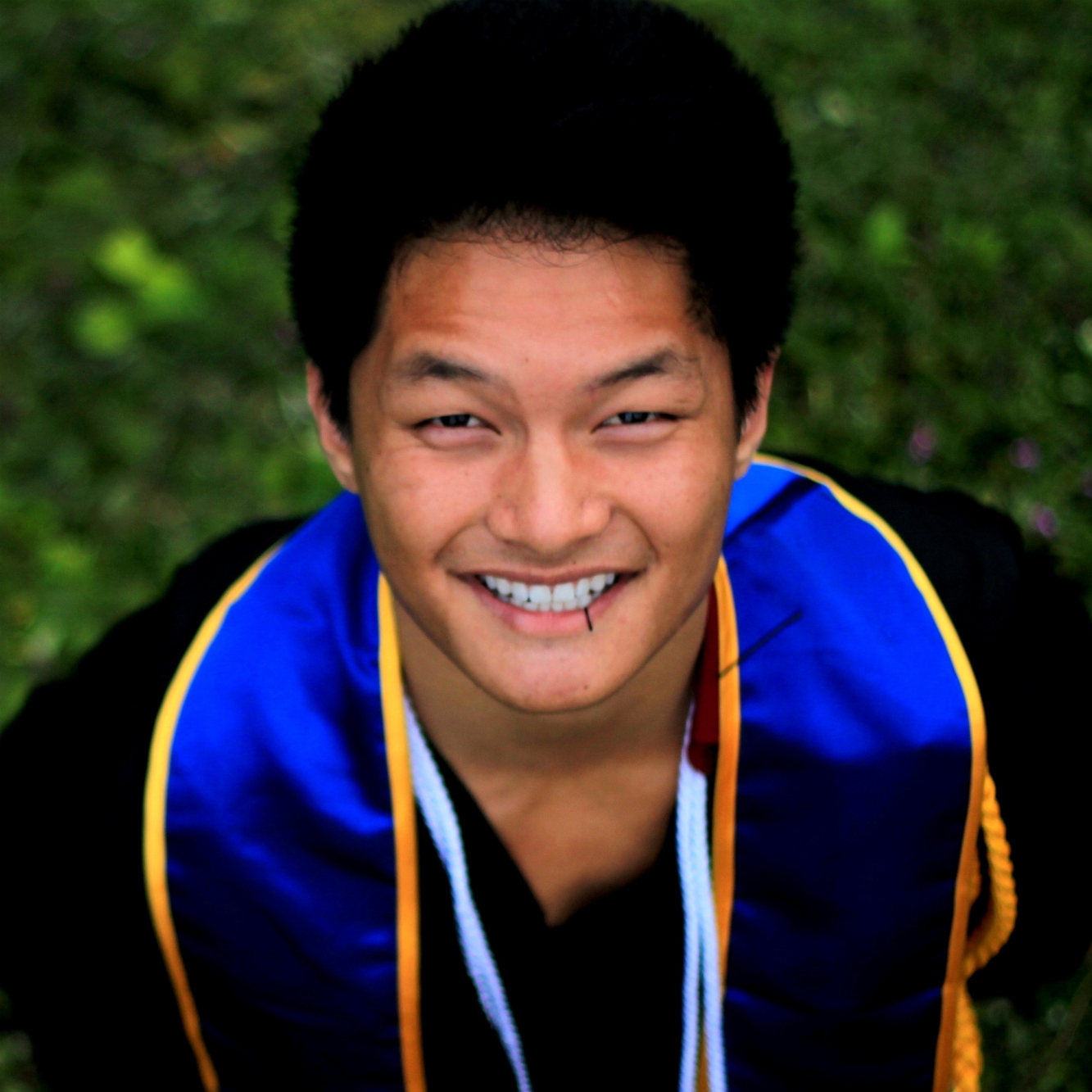Champions of Change Blog
The Affordable Care Act is Saving Lives
Posted by on March 21, 2012 at 10:07 AM EDT
As we approach the second anniversary of passage of the Affordable Care Act, I am reminded of the ways in which this legislation has impacted the lives of Nevada’s most vulnerable residents. The ACA has already begun to change the lives of Nevadans in ways that I have fought for since becoming the first person hired to advocate specifically for women and children in the Nevada Legislature in the late 1980’s.For people working as I and my organization have, it is a fitting time to reflect on and to take note of some of these important changes.
Prior to passage of the ACA, Nevada trailed far behind the rest of the country in nearly every health indicator; Nevada ranked at or near the bottom in the number insured adults and children accessing Medicaid or other forms of health coverage. Our state woefully underfunded public health programs and struggled to provide matching funds for Federally-available assistance. In 1995-1997, PLAN sponsored the first HIV/AIDS Awareness Day at the Legislature. It was largely because of these efforts that Nevada finally passed legislation to provide matching funds for programs to aid those too impoverished to afford medication.
PLAN joined the short-lived efforts in the early 1990s to bring about meaningful reform to the nation’s health care delivery system. After that battle and subsequent setback, I wondered if I would see relief for our fellow citizens in my lifetime. Nevada began to fall further behind as the years went by, suffering continued rounds of erosion to our safety net. When President Obama promised to take up the banner of bringing meaningful health reform to all, our state was at an all-time low: Rates of uninsured and underinsured Nevadans had skyrocketed; health disparities were at their highest levels since data tracking began; and, the state was spending startlingly little on the health care needs of its most vulnerable populations. Because of these horrifying statistics, there was never a question that PLAN would join with the President and allies in Congress to once again take on one of the biggest challenges in our lives—meaningful health reform that would do nothing less than save the lives of millions of Americans and provide for a brighter and healthier future.
Champion of Change Attends State Dinner
Posted by on March 19, 2012 at 3:23 PM EDTAs I walked through the arches of the outdoor arcade of Union Station on my way into work on March 14th, my mind was consumed with plans and preparations for the State Dinner at the White House later that evening. This was the opportunity of a lifetime and I could not contain my nerves.
I slowed down when I noticed a middle-aged man wearing what appeared to be unwashed clothing, peering into a garbage can to see what he could find. My immediate reaction was, "I'm going to the White House tonight for that man."
In that moment, I was reminded of my purpose and, ultimately, why I was invited to the White House. I was not invited because my dress fit well or my jewelry sparkled. I was going because I believe in the power of service and that no one should have to dig through trash cans to find their next meal. A wave of positive energy quickly overtook my anxious thoughts. I would soon be in the company of individuals who committed their lives to serving others, whether in the British Parliament, here in the United States, or defending human rights abroad.
Breaking the Cycle of Poverty, Microfinancing a Community
Posted by on March 15, 2012 at 12:55 PM EDT
My work with the Social Entrepreneurs of Grinnell (SEG), a nonprofit located in Grinnell, IA, has taught me that passionate individuals have great capacity to create positive change in their communities. SEG practices microfinance: we provide access to capital in an innovative and empowering way so that people are able to reclaim financial agency. Originally conceived as a student group raising money for entrepreneurs in developing countries, SEG has since evolved to provide microfinance services to communities around the world and in the local Grinnell community.
We believe in the creative, entrepreneurial energy of all people, and that all people deserve the power to define their lives. In reality, many individuals lack access to capital and conventional banking services, and easily get caught in a cycle of poverty. Limited access to credit restricts options; if someone takes a payday loan or cash advance, they can be charged interest rates so high that it will be difficult for them to ever pay down the principle of the loan. These lenders justify charging high interest rates because they’re serving a constituency that is termed ‘high-risk,’ but these business relationships then become exploitative and demeaning in nature. SEG chooses to embody a different philosophy by offering small, zero-interest loans through our Emergency Loans Project. We believe that we can minimize our risk and maximize our social impact by forging partnerships with borrowers that are tailored to their individual needs and that empower rather than disenfranchise them.
Cultivating Tomorrow's Future Today: Sustainable Communities and Economies
Posted by on March 15, 2012 at 12:50 PM EDT
“Never doubt that a small group of thoughtful, committed citizens can change the world. Indeed, it is the only thing that ever has.”
This famous quote, by Margaret Mead, couldn’t be truer when it comes to the UMass Amherst Permaculture Committee. Before I go into detail about what we do, I want to describe permaculture as a concept.
Permaculture is a vision for creating a more sustainable world. It is a regenerative design science that involves people working together to build ecological and edible landscapes, which are just a small piece of the sustainable communities and economies that we must act now to create. It is based on thoughtful observation of the patterns and relationships found in nature.
The UMass Amherst Permaculture Initiative is a unique and cutting-edge campus sustainability program that transforms grass lawns and neglected landscapes into edible, educational and ecologically designed gardens. Our student group designs and implements these gardens, hosts events, organizes volunteers, and networks with surrounding communities and beyond. Together, we have created one of the first university permaculture initiatives in the nation that has involved over 1,000 individuals and 300 local youths from K-12 schools and Big Brothers Big Sisters Organization. By establishing new gardens each year, we demonstrate how permaculture can feed an exponentially growing population in an environmentally sustainable and socially responsible manner.
Giving Has Come "Full Circle": Actioning Emergency Food Assistance at U of A
Posted by on March 15, 2012 at 12:45 PM EDT
“Never doubt that a small group of dedicated citizens can change the world, in fact it’s the only thing that ever has.” - Margaret Mead. Two years ago, a group of students (the Volunteer Action Center) at the University of Arkansas started talking about the issue of food insecurity and how it affected students on the UA campus. One year ago, after months of planning, Full Circle Campus Food Pantry celebrated its grand opening. And now, being recognized by the White House’s Campus Champions of Change initiative is truly a testament that a small group of dedicated people really can make an impact.
Full Circle is an emergency food assistance program at the University of Arkansas that was established to address the needs of students and staff facing food insecurity while providing on campus service opportunities for students. Each request for assistance is met with a three day supply of food.
Full Circle is completely student run. Students on the Volunteer Action Center board serve as the Full Circle Chair (that’s me), Donations Manager, Food Drive Sponsor, Volunteer Coordinator, and Applications Coordinator to really organize how the pantry runs. It takes more than just the students on the Board to run the pantry though. We have 25 students who serve as Full Circle Volunteers; these students commit two hours each week to filling requests for food and stocking donations. And that doesn’t include our Extra Hands, 75 volunteers, students and staff, who help us out with huge food drives, big donations, and by shopping for certain staples that we don’t usually get through food drives (like canned meats, cereal, and peanut butter).
Striking Out Homelessness One Student At a Time
Posted by on March 15, 2012 at 12:29 PM EDT
In the Fall of 2009, “Swipes for the Homeless” was established as an official university student organization at UCLA in order to help alleviate the susceptivity of the neighboring homeless community, specifically the growing student homelessness population. Having seen on-campus students collect hot meals for the needy in past years, Thach Nguyen and Bryan Pezeshki set up a partnership between the multiple campus departments to fully institutionalize the program that would allow the impact and influence of this idea to grow to its full potential.
On-campus residents with meal plans that allow them to roll over unused meals from week to week, tend to accrue many unused meals, or “swipes”, by the end of each academic quarter. At the end of the quarter, these students can donate their unused meal swipes, which would otherwise go to waste, to “Swipes for the Homeless.” Our organization then takes the meals to homeless shelters, homeless living on the streets, and homeless and hungry students on campus. In addition, many other sub-projects target wasted food in the residential dining halls, fast-food eateries on campus, and community businesses in order to salvage that food for those less fortunate on a daily basis. The organization has collected over 20,000 meals to date, with a record of 7,421 meals this past university quarter.
- &lsaquo previous
- …
- 127
- 128
- 129
- 130
- 131
- 132
- 133
- 134
- 135
- …
- next &rsaquo
White House Blogs
- The White House Blog
- Middle Class Task Force
- Council of Economic Advisers
- Council on Environmental Quality
- Council on Women and Girls
- Office of Intergovernmental Affairs
- Office of Management and Budget
- Office of Public Engagement
- Office of Science & Tech Policy
- Office of Urban Affairs
- Open Government
- Faith and Neighborhood Partnerships
- Social Innovation and Civic Participation
- US Trade Representative
- Office National Drug Control Policy
categories
- AIDS Policy
- Alaska
- Blueprint for an America Built to Last
- Budget
- Civil Rights
- Defense
- Disabilities
- Economy
- Education
- Energy and Environment
- Equal Pay
- Ethics
- Faith Based
- Fiscal Responsibility
- Foreign Policy
- Grab Bag
- Health Care
- Homeland Security
- Immigration
- Innovation Fellows
- Inside the White House
- Middle Class Security
- Open Government
- Poverty
- Rural
- Seniors and Social Security
- Service
- Social Innovation
- State of the Union
- Taxes
- Technology
- Urban Policy
- Veterans
- Violence Prevention
- White House Internships
- Women
- Working Families
- Additional Issues

